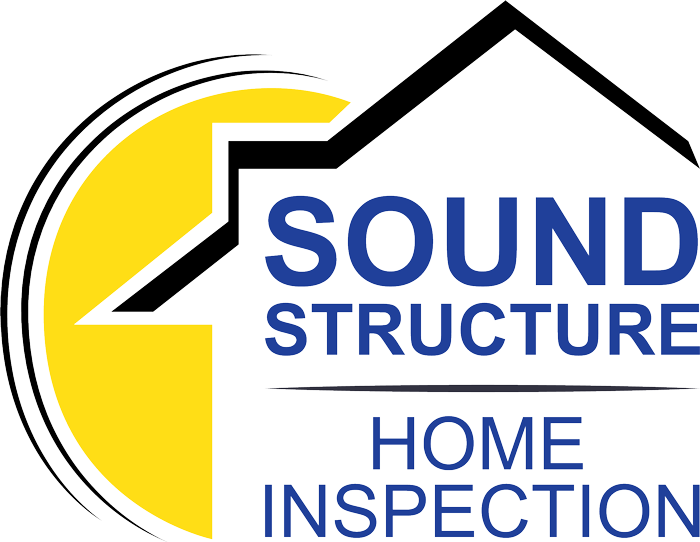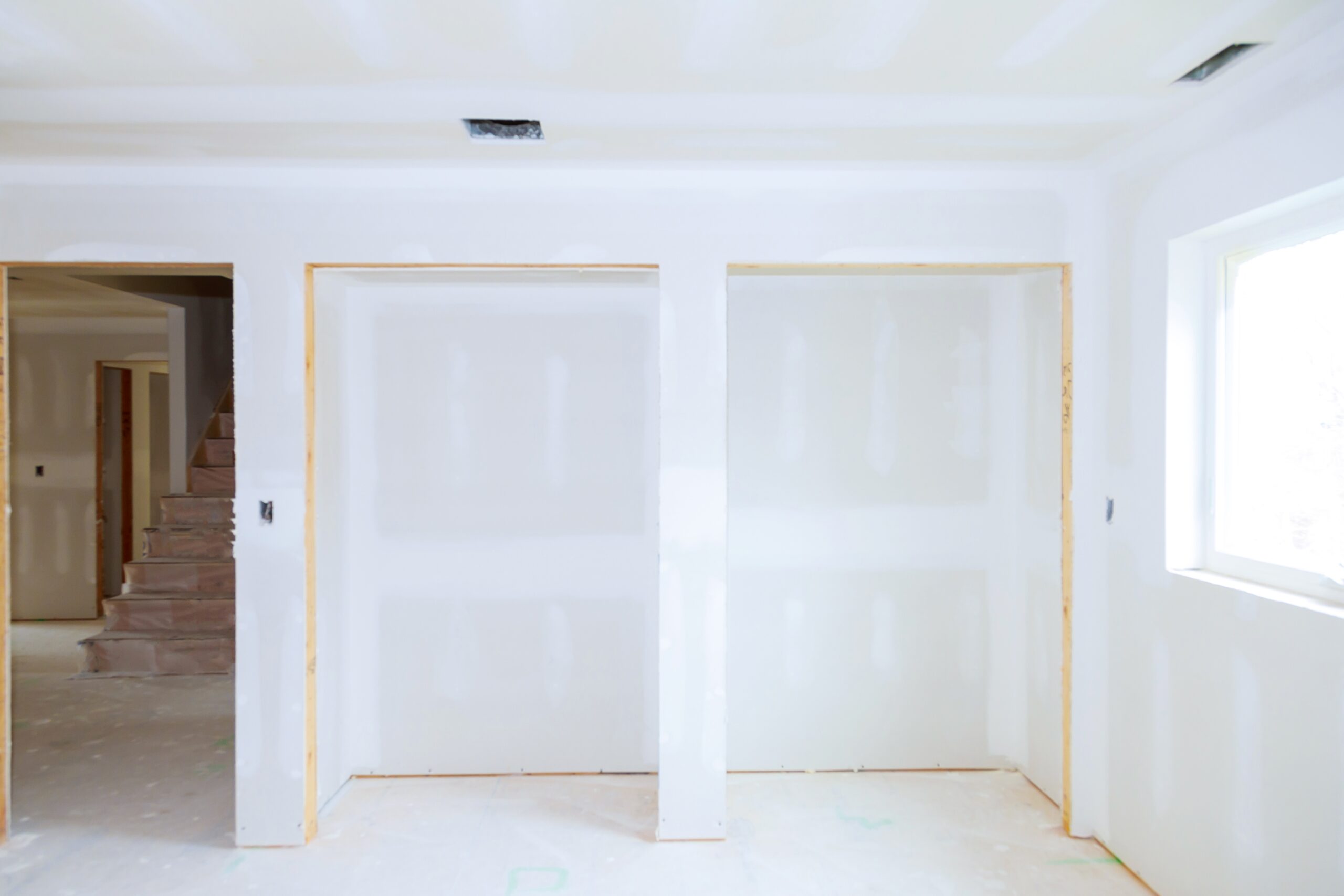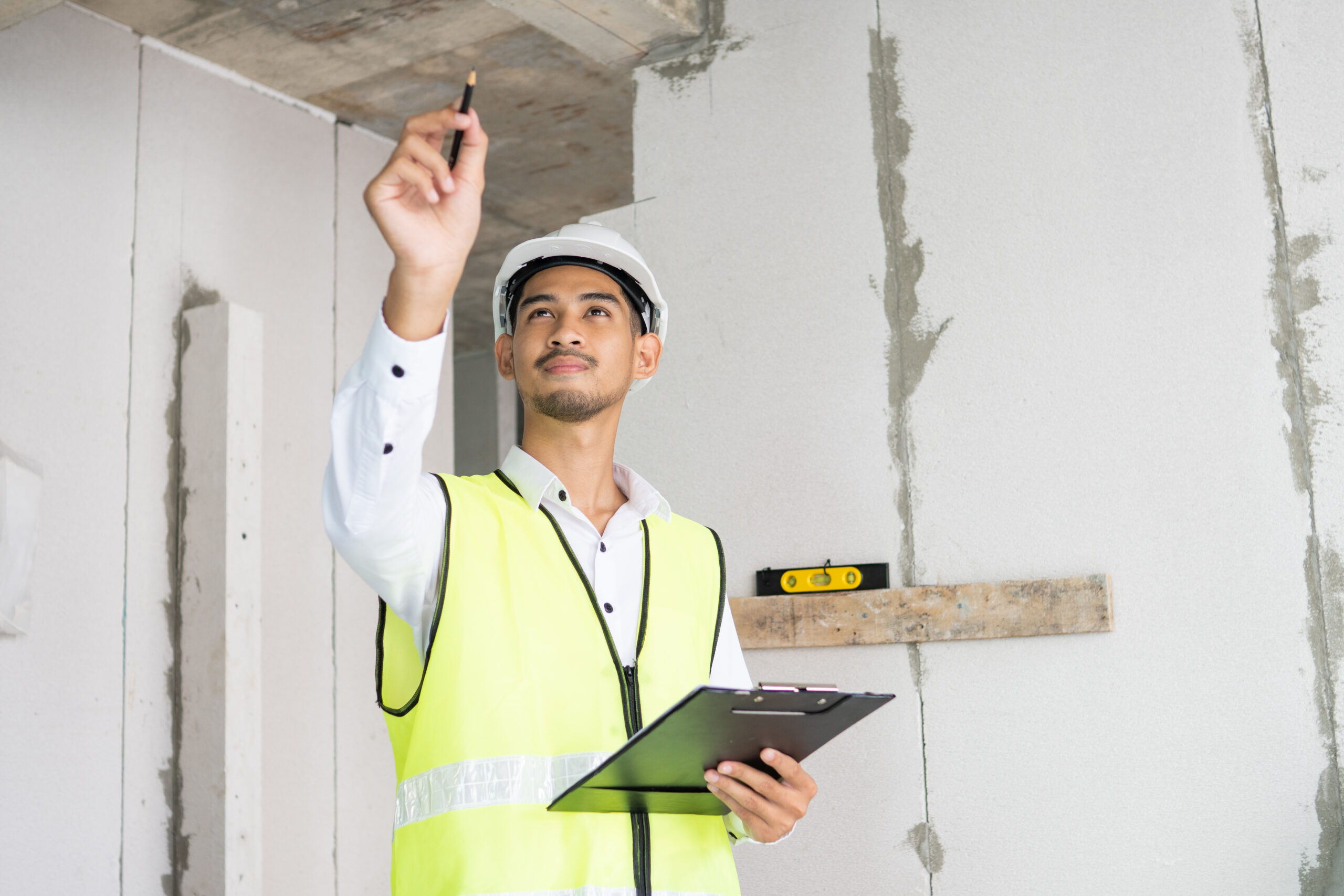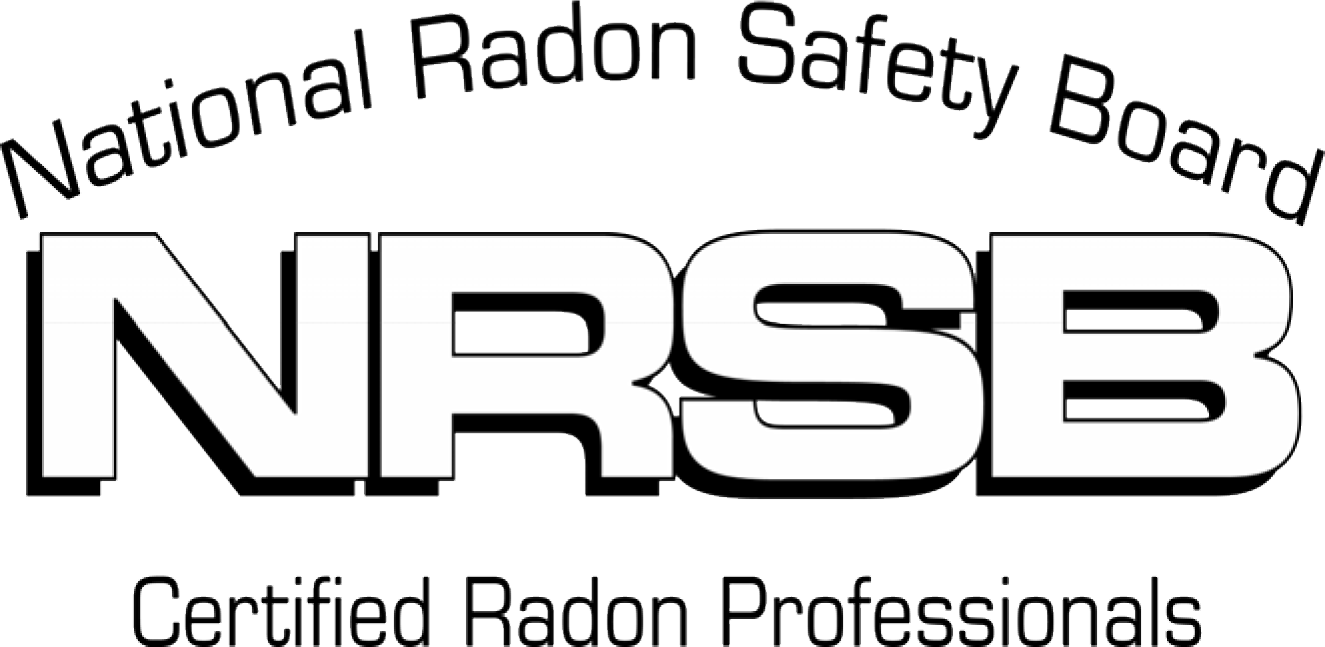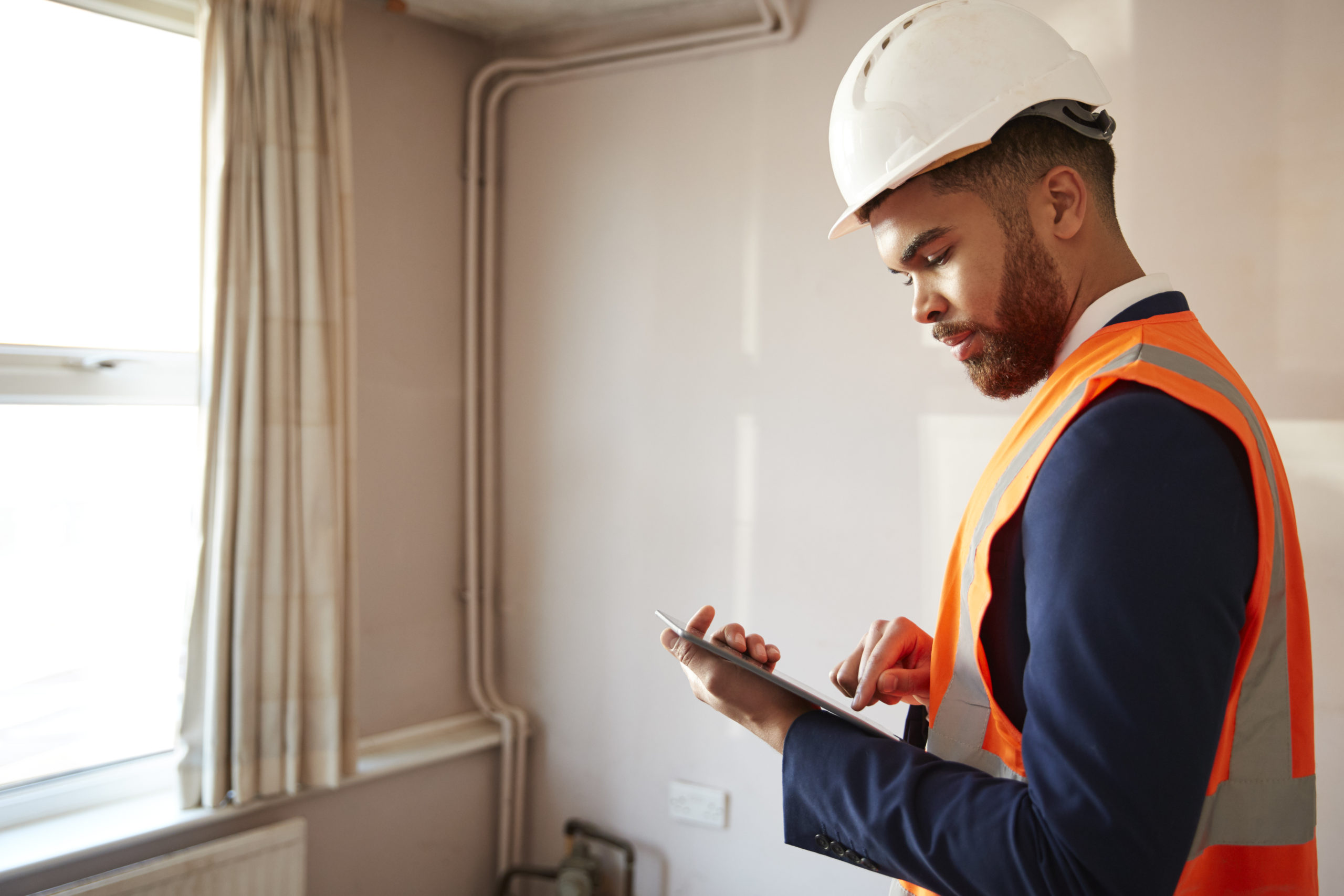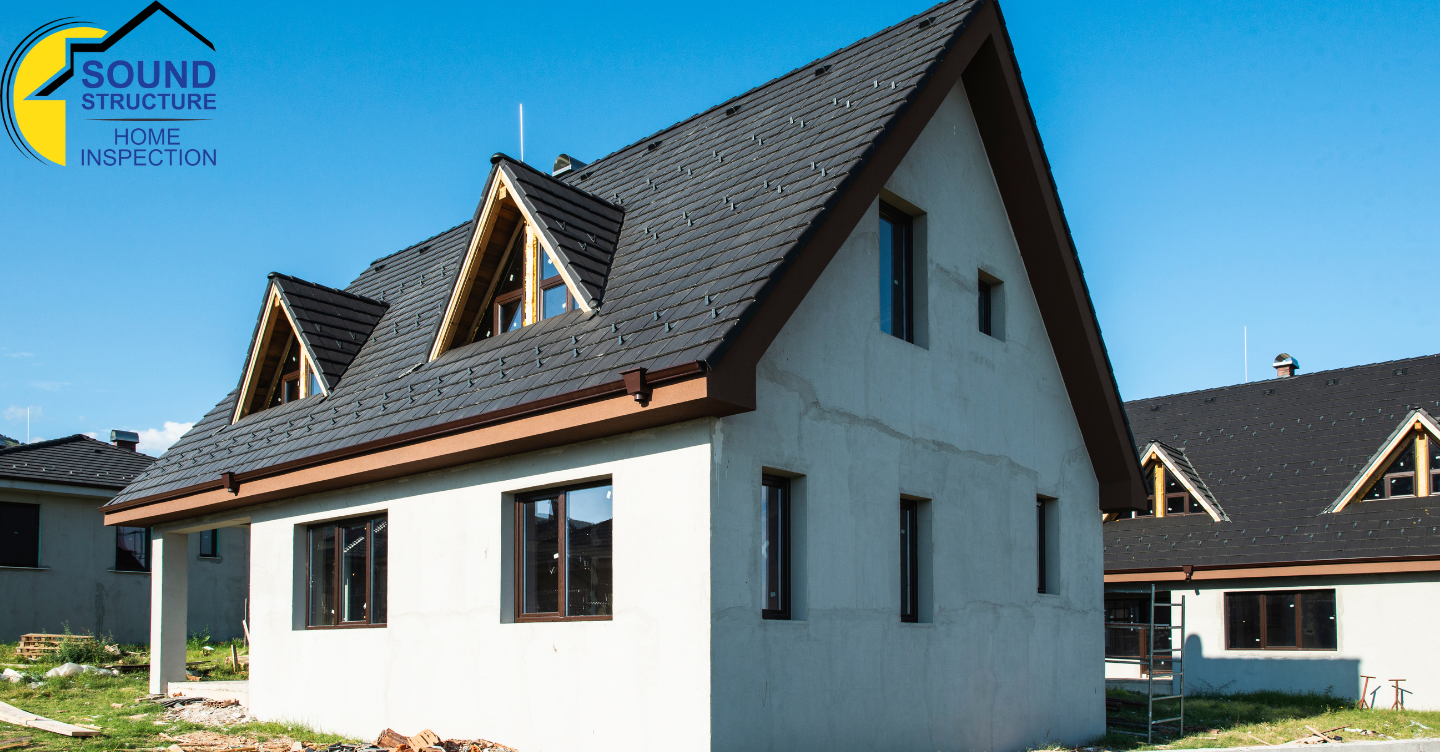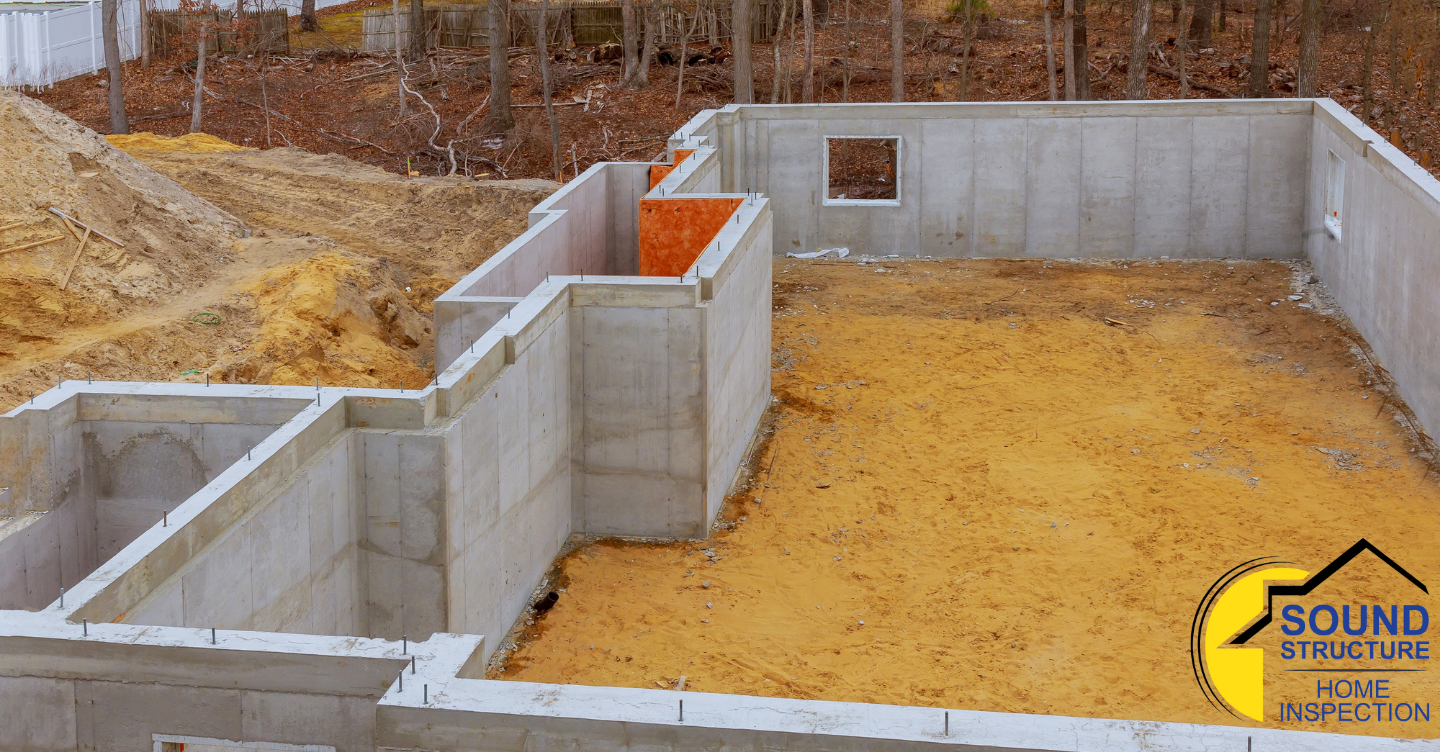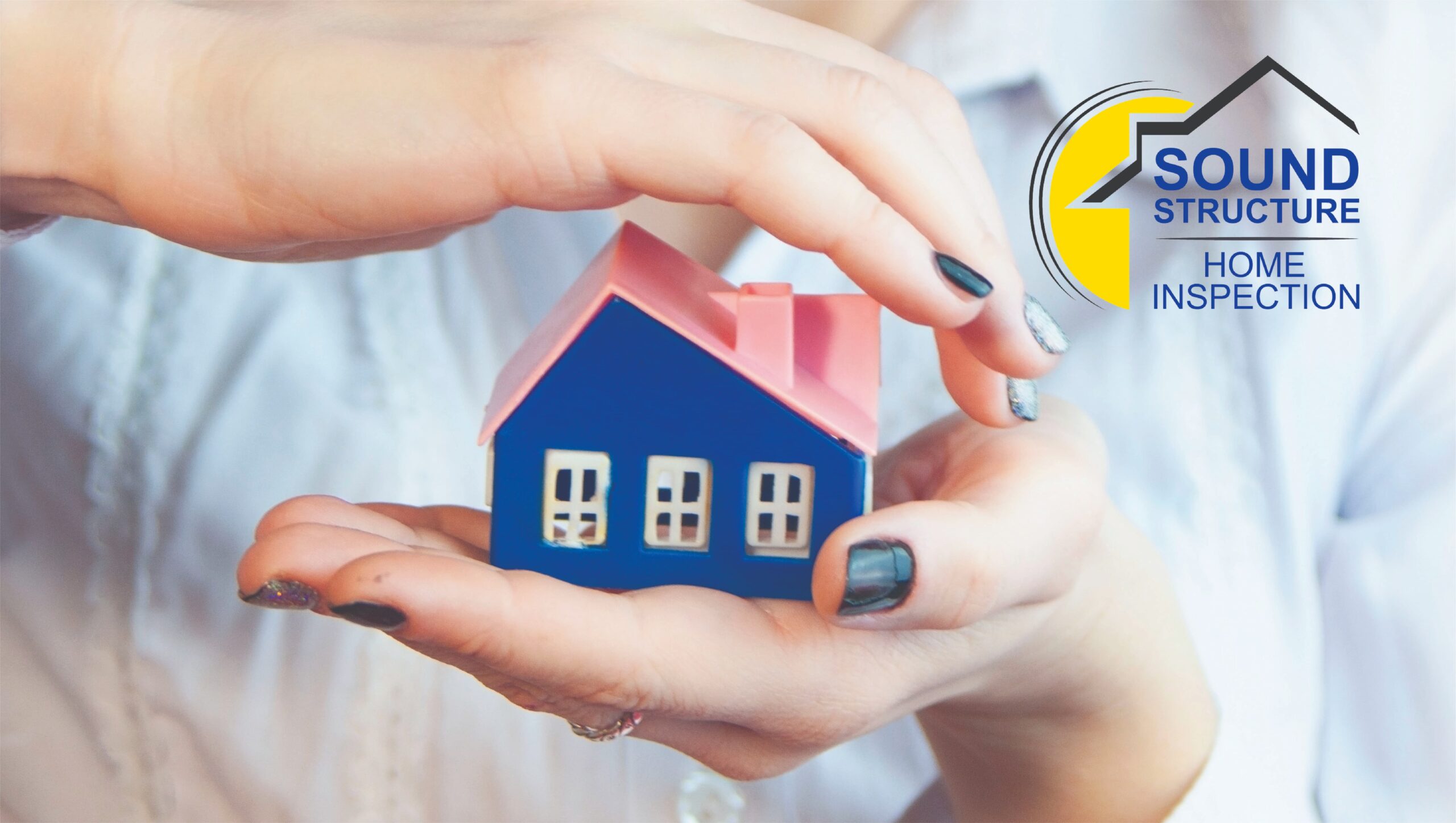Home Inspections and Appraisals
There are several steps in buying or selling a home in Florida. Two critical components that often cause confusion among homeowners are home inspections and appraisals. While they serve different purposes, understanding the distinction between the two is vital. In this blog, we’ll shed light on the dissimilarities and explain why both are crucial in providing a successful real estate transaction.
Understanding the Distinction
Home Inspections:
A home inspection is a comprehensive evaluation of a property’s condition. A qualified professional like Sound Structure conducts home inspections. Home inspections are aimed at identifying any existing or potential issues with the home’s structure, systems, and components. The inspector thoroughly examines various aspects, including the foundation, roof, electrical systems, plumbing, HVAC, and more.
A Tequesta home inspection provides buyers with valuable information about the property’s condition, allowing them to make informed decisions. The inspection report highlights any necessary repairs, safety concerns, or maintenance requirements, providing buyers with negotiating power and peace of mind.
Appraisals:
Alternatively, an appraisal is assessing a property’s value conducted by a licensed appraiser. The appraiser determines the fair market value of the home based on several factors, including its size, location, condition, recent comparable sales, and market trends in Tequesta.
Lenders require an appraisal to guarantee that the property’s value aligns with the loan amount being requested. In addition, this helps protect both the lender and the buyer from overpaying for a property. Therefore, it is important to note that the appraiser’s main focus is on the property’s value rather than its condition, unlike a home inspection.
Key Differences:
First, the main distinction between a home inspection and an appraisal lies in their objectives. A home inspection focuses on identifying any issues or defects in the property, allowing buyers to assess the potential risks and costs involved. Next, an appraisal focuses on determining the property’s market value, making sure the buyer and lender have an accurate understanding of its worth.
Finally, a Tequesta home inspection and appraisal serve different but equally important purposes. While a home inspection provides insights into the property’s condition, an appraisal determines its market value. Both are crucial steps in the buying or selling process, safeguarding buyers, sellers, and lenders alike.
Schedule a Home Inspection Today
If you’re in need of a reliable and professional home inspection service in Tequesta, Sound Structure Home Inspection is here to assist you. Our experienced team will conduct a thorough evaluation, providing you with a detailed report to make informed decisions. Schedule your home inspection with us today and call (772) 626-0953 or visit our website.
